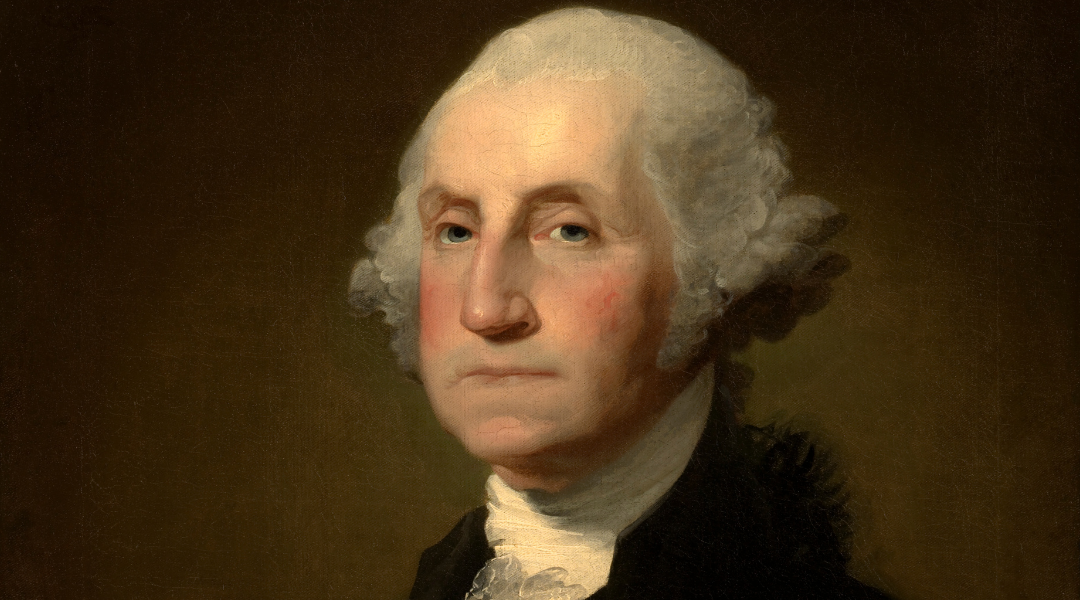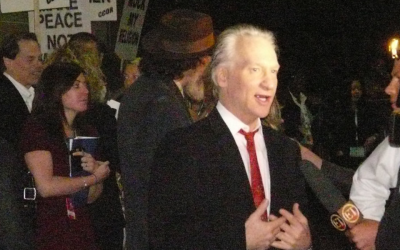
George Washington shocked Congress when he made this unprecedented move that changed America forever
George Washington set a precedent that would echo through American history. The founding father wasn't afraid to use his executive power. And George Washington shocked Congress when he made this unprecedented move that changed America forever. On this day, April 5,...
ICE agents were charged with a crime by a Democrat judge after this daring move
A nationwide crackdown on illegal immigration is underway. Sanctuary cities are trying...
Donald Trump’s agenda crashed and burned because of this act of sabotage
The clock is ticking on President Trump’s Make America Great Again Agenda. Recently,...
Pam Bondi announced the death penalty in this major case
President Trump campaigned on a promise to restore law and order to America. Recently,...
All hell broke loose after Jasmine Crockett turned the JFK hearing into an attack on Donald Trump’s cabinet
Donald Trump recently made good on his promise to release all of the unredacted files...
Donald Trump was jumping for joy after this major rival admitted a huge defeat
The vibe shift in America since President Trump’s election is very real. Americans...
Donald Trump said five words about the media that no one ever expected to hear
The corporate-controlled media has been after Donald Trump since he came down the golden...
Donald Trump just stunned reporters with this revelation about Elon Musk leaving DOGE
Donald Trump and Elon Musk have developed a strong friendship over the past two months....
A Fox News host launched this unthinkable attack on Kristi Noem
The media assault on the Trump administration is coming from surprising sources....
Bill Maher said four words about NPR that left Democrats red with rage
Liberal comedian Bill Maher has never had anything nice to say about Donald Trump. But...









